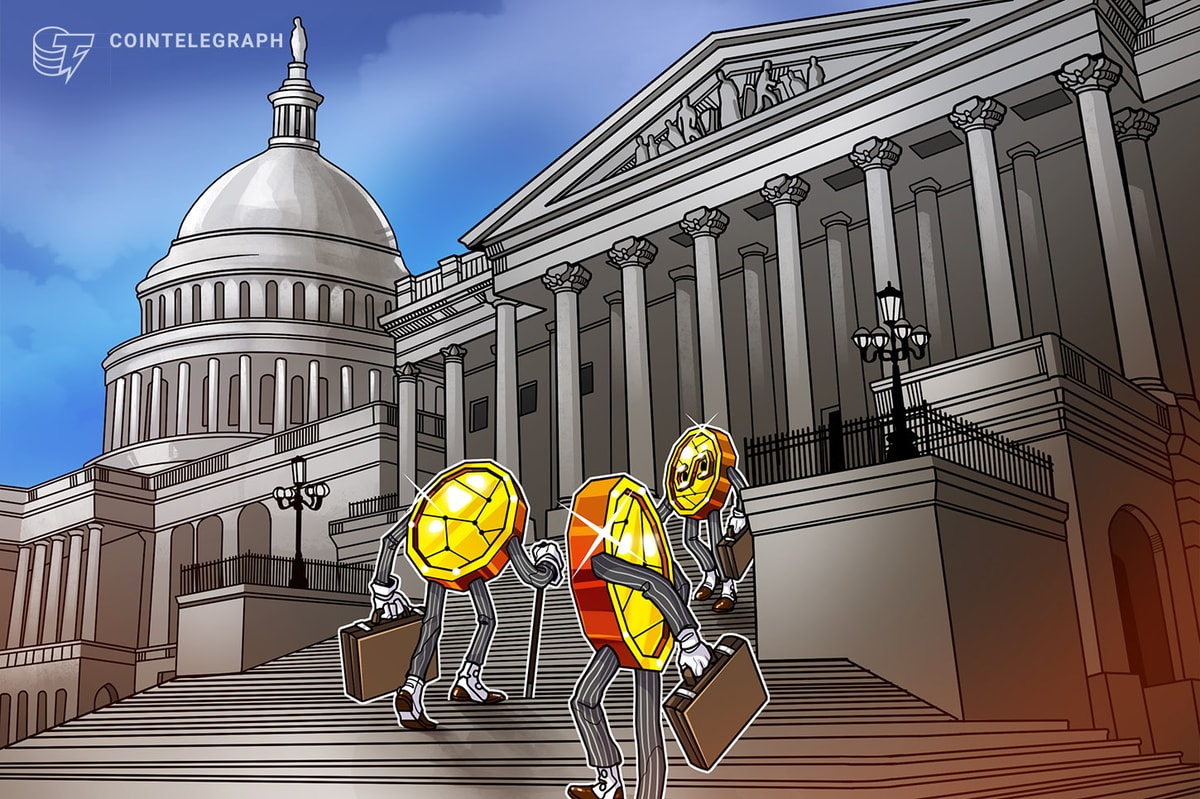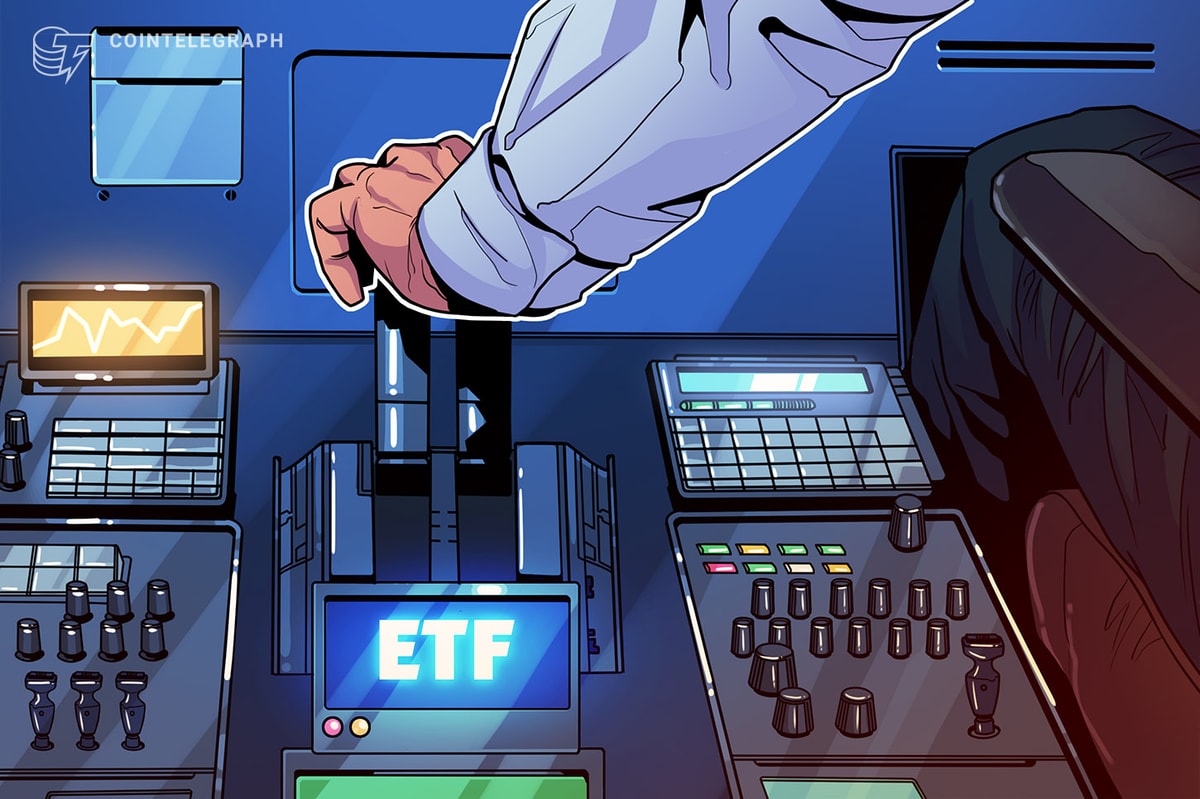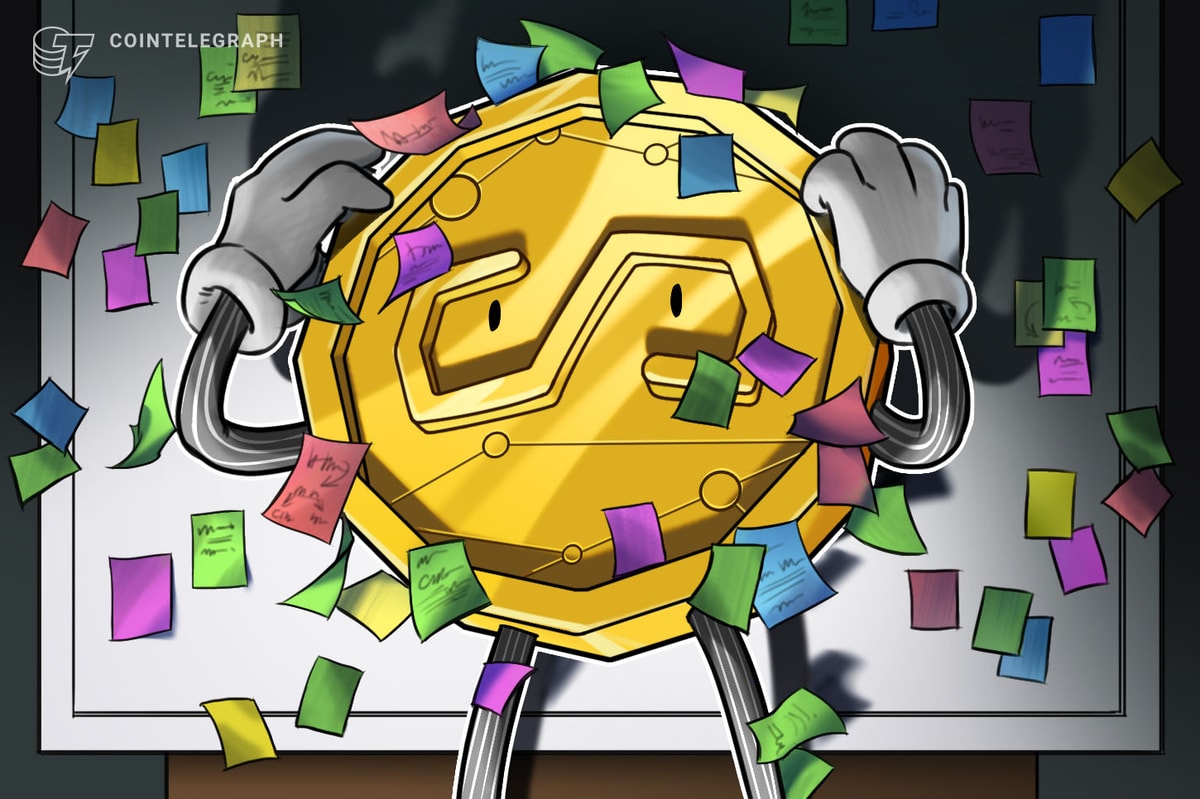Terraform Labs co-founder Do Kwon, who has been in Montenegro since his arrest in March 2023, will reportedly be extradited to the United States to face fraud charges. The High Court in Podgorica reportedly rejected a request to extradite Kwon to South Korea. The decision followed an appeal by Kwon’s legal team, arguing that Montenegro’s justice minister had the final authority to decide on the Terraform co-founder’s extradition — a claim the high court rejected. It’s still unclear when Kwon will travel to the United States.
Meanwhile, the U.S. Attorney’s Office has requested that a federal judge approve additional travel restrictions for former Binance CEO Changpeng “CZ” Zhao. The U.S. Attorney’s Office asked Zhao to stay within the continental U.S. until his sentencing hearing on April 30 and give three days’ notice of any travel to allow the government to raise objections. Prosecutors also asked that CZ surrender his Canadian passport and “all other current and expired passports and travel documents” to his legal team.
Another former crypto CEO, Sam Bankman-Fried, returned to the courtroom to address potential conflicts of interest involving his lawyers. Bankman-Fried waived his right to conflict-free legal representation with lawyers Marc Mukasey and Torrey Young. The courtroom appearance in the U.S. District Court for the Southern District of New York marked one of the first times Bankman-Fried had been seen outside of jail since a jury convicted the former FTX CEO of seven felony charges in November 2023.
Turkey evaluates its first-phase digital lira project
The Central Bank of the Republic of Turkey has released an English translation of its report evaluating the first phase of its Central Bank Digital Turkish Lira Research and Development (R&D) Project to develop a central bank digital currency. The project’s first phase began in 2021, and the central bank carried out its first trial transactions with the digital lira in 2022. The digital lira is designed as an intermediated retail CBDC. Wholesale payments were studied in a separate process. The Turkish CBDC promises a high degree of interoperability and complementarity.
International experts demand government action on AI deepfakes
Over 300 experts in the fields of technology, artificial intelligence (AI), digital ethics and child safety from around the world have come together to sign an open letter urging governments to take “immediate action” to tackle deepfakes. The letter, titled “Disrupting the Deepfake Supply Chain,” urges governments, policymakers and political leaders to “impose obligations” in the supply chain to halt the proliferation of deepfakes.
It lays out three main courses of action, the first being to fully criminalize deepfake child pornography — even with fictional children. It also petitions for criminal penalties for anyone who “knowingly creates or facilitates the spread of harmful deepfakes,” along with requirements for software developers and distributors to ensure their media products don’t create harmful deepfakes and penalties if their measures are not up to standard.
ECB reiterates its anti-Bitcoin stance despite spot ETF approvals
The European Central Bank (ECB) is unconvinced by the latest spot Bitcoin (BTC) exchange-traded fund (ETF) approvals by the U.S. Securities and Exchange Commission (SEC). In a recent blog post, its executives Ulrich Bindseil and Jürgen Schaaf disagree with the claim that the approval of spot Bitcoin ETFs in the U.S. confirms that BTC investments are safe and the preceding rally was “proof of an unstoppable triumph.” The fair value of Bitcoin is still zero, the bankers state.
Bindseil and Schaaf cite their 2022 post on the same blog, arguing that Bitcoin has failed to fulfill its original promise to become a global decentralized digital currency. According to them, Bitcoin is also unsuitable as an investment, as it doesn’t generate any cash flow or dividends, cannot be used productively and offers no social benefit or subjective appreciation based on outstanding abilities.











